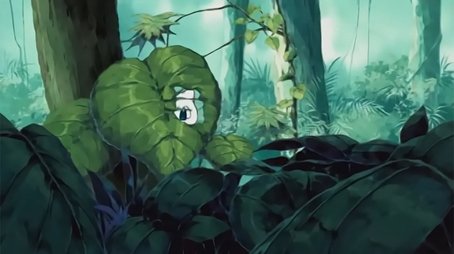
Sorry, we have not watched this yet.

An animated adaptation of the "Birth of Mewtwo" radio drama, which was later attached to the beginning of the first movie for the Japanese video release. A small 3 minute heavily edited version was released on the US version DVDs, while the full uncut version was made available on the Mewtwo Returns DVD.
Sorry, we have not watched this yet.